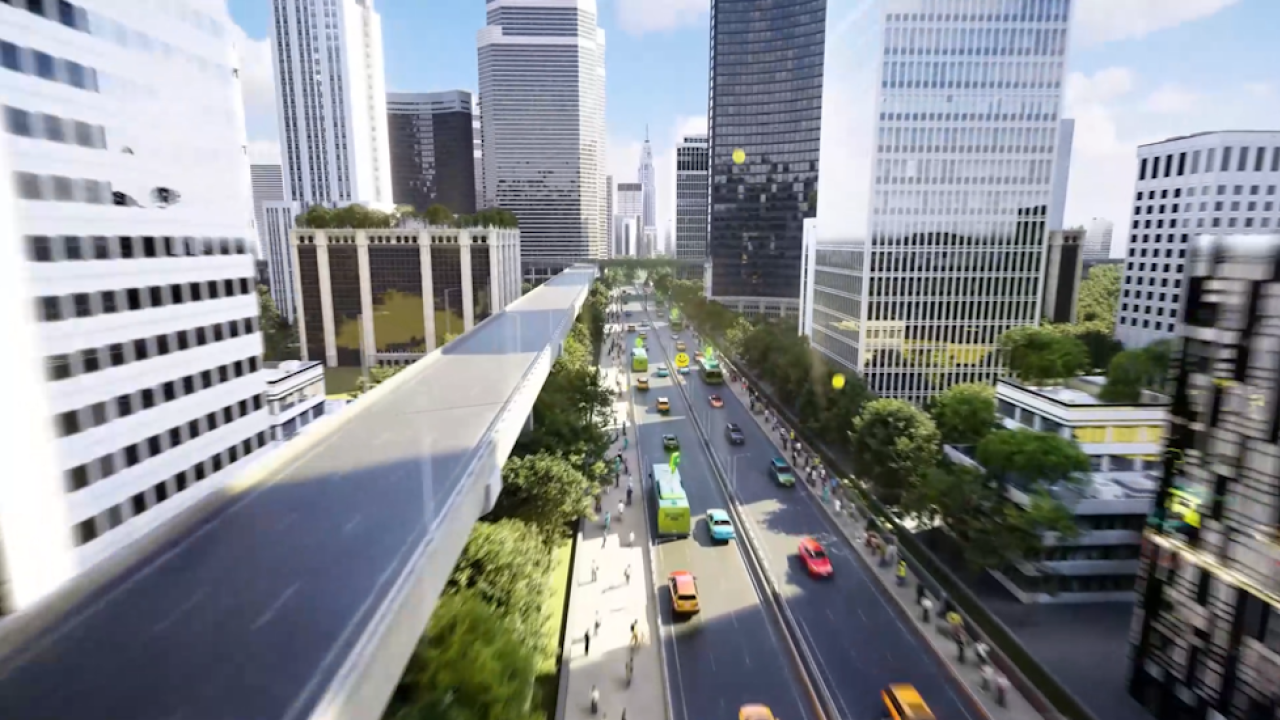Serco Middle East bolsters space-enabled environmental services
Serco Middle East has launched an Urban Twin Solution to help governments and organisations to address critical environmental challenges using the latest space-enabled environmental data.

Image: Serco Middle East
Launched with technology partner Murmuration and mobility data partner Michelin Mobility Intelligence, the holistic Urban Twin monitoring service will provide Serco clients with a complete 360-degree environmental overview, helping them to use the latest AI data-driven insights and analytics to fight climate change at a building, development, project, city or giga city level.
Using state-of-the-art Earth observation satellite data and other geospatial data sources, companies and governments will be able to proactively put climate protection measures in place during the planning stage of their projects, or retrospectively look to minimise their environmental impact from existing assets.
The new solution will enable companies and governments to monitor the environmental impact of their operation, via AI modelling; it will also enable prediction, through simulating the impact of decisions on different climate-based scenarios, such as dealing with the impacts of rising sea levels or monitoring air quality in congested environments. Furthermore, the data will also help support the conservation of biodiversity, as well as providing the insight to create more sustainable traffic networks.
With such information fuelled with the latest data, entities are enabled to make better decisions, and be capable of planning for situations and events so they are better prepared in the fight against climate change.
Commenting on the launch of the Urban Twin Solution at LEAP in Riyadh, Amar Vora, Head of Space at Serco Middle East, said:
“The launch of our Urban Twin Solution is an exciting moment for us at Serco. With 50% of essential climate variables only measurable from space, we must look to the invisible infrastructure of the skies in the fight against climate change. Earth observation satellite data provides us with a bird’s eye view of what is really happening on the ground. It can help us take bold steps to manage many challenges, such as reducing air pollution, acting on greenhouse emissions, to enhancing food security through better monitoring, management, and optimisation of agricultural practices.
“Through Earth observation data, we can impact a better future. We can predict scenarios that may arise if we don’t act now to take mitigating action, so we can be better placed to make informed decisions to ward against the effects of climate change when it comes to managing the built environment.”
Stay up to date
Subscribe to the free Times Aerospace newsletter and receive the latest content every week. We'll never share your email address.

